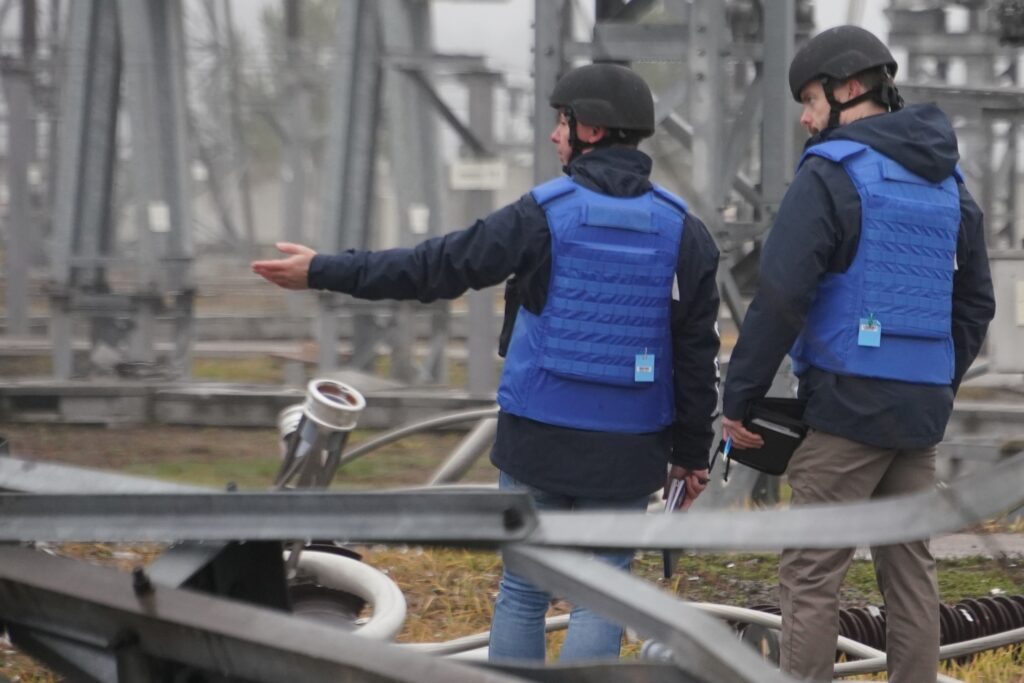Home front veterans: Ukraine plans to introduce new status and social guarantees
5 September 2025 17:30
The Cabinet of Ministers of Ukraine has approved the draft law “On Persons Involved in Ensuring the Implementation of Measures Aimed at Protecting the Independence, Sovereignty and Territorial Integrity of Ukraine”.
This draft law will officially recognize the contribution of thousands of citizens who, without being directly on the front line, performed important tasks to protect Ukraine and provide them and their families with appropriate social guarantees. Who will fall into this category and what benefits and social support these people and their families can expect was studied by "Komersant Ukrainian".
Thus, the government decided to recognize, or rather grant special status and rights to those citizens who did not directly participate in hostilities but contributed to strengthening the state’s defense capabilities. In particular, we are talking about those who ensured the functioning of military infrastructure, supported units, performed logistics, communications, or other critical defense tasks.
“The inclusion of such persons in the category of war veterans did not meet the principles of objectivity and justice, as it in some way devalued the contribution of those who were directly involved in the fighting. Therefore, the draft law proposes to create a separate, officially recognized status that recognizes the unique contribution of this category of citizens,” the Ministry of Veterans emphasized.
A new category of beneficiaries
In the new draft law, citizens who helped the front are called involved persons. According to Article 4, “Legal Status,” involved persons are employees who, for at least 30 calendar days (in total), directly participated in the ATO, measures to ensure national security and defense, repulsing Russian aggression in Donetsk and Luhansk regions, as well as other defense measures in connection with Russian aggression against Ukraine. The grounds for recognition as such are extracts from orders, business trips, confirmation of fulfillment of mobilization tasks, materials of official investigations, etc.
A separate category – “Involved persons with disabilities” – is those who have been disabled as a result of injury, contusion, mutilation or illness while performing the above tasks. The basis for recognition is medical documents and confirmation of participation in these activities.
Family members of those killed (deceased), missing or who died as a result of injury or illness while performing these tasks will not be left without support. It is enough to provide a death certificate or court decision and documents confirming the deceased’s participation in these activities. Such family members include: parents; husband or wife (excluded in case of remarriage); children (including persons with disabilities or without parents); dependents receiving a pension.
The involved persons are entitled to the following benefits
50% discount:
- on housing and utility bills (within the established limits);
- fuel (including liquid fuel) – if there is no centralized heating.
- 100% payment of sick leave in case of temporary disability.
- Vacation at a convenient time for up to 14 days without pay.
- Preemptive right to housing, land plots, and lease of a plot for gardening.
- Exemption from taxes, fees and duties – in accordance with tax legislation.
- Preferential connection to telephones with a subscription fee of 50% of the tariff.
- Social services – provided in accordance with the law. Benefits apply to family members living together. Pensions and social benefits are increased by 10% of the subsistence level.
- A one-time payment for Independence Day is made in accordance with the procedure established by the Cabinet of Ministers. The benefits are valid if the average monthly family income per person does not exceed the established limit.
Benefits for persons with disabilities involved
In addition to the above, a 100% discount on housing, utilities, and fuel (within the limits of the norms).
Free of charge: prostheses and orthopedic devices; medical care in departmental institutions; major and minor repairs of housing; installation of a landline telephone; social services.
Preferential travel in urban and suburban transport. Preferential medical care. Employment in the specialty, job security in case of redundancies.
Housing within 2 years from the date of registration. Preferential allocation of land.
Increased pensions and social benefits:
- Group I – 50% of the subsistence level;
- Group II – 40%;
- Group III – 30%.
One-time assistance for Independence Day and in case of disability – according to the law. State support for children: education in state and municipal institutions up to the age of 23 (full-time).
Benefits for family members of the deceased (deceased) involved persons
50% discount:
- on housing and utilities;
- fuel – if there is no centralized heating.
Free repairs:
- Major (out of turn);
- Current (in the first place).
- 100% payment of sick leave.
- Vacation at your convenience for up to 14 days without pay.
- Protection during redundancies and employment benefits.
- Preferential provision of housing and land, assistance in construction.
- Exemption from taxes, fees and duties.
- Telephone connection out of turn (20-50% payment) 50% subscription fee.
- State support for children until they complete their education (no longer than 23 years).
Increase in payments by 25% of the subsistence minimum, and 10% for widows/widowers who have not remarried.
A one-time payment for Independence Day is a decision of the Cabinet of Ministers. One-time assistance in the event of death – at the family’s choice. Free meals for children in kindergartens, schools, vocational schools, etc.
If a person is entitled to several payments (pension, allowance, etc.), he or she chooses only one, the most favorable one. Local authorities may provide additional benefits at the expense of the local budget or charity. Violation of the rights of the persons involved, their families or persons with disabilities is punishable by law.
Potential risks
There is one catch right now: there is no clear list of professions that will fall under this category. It is important to make a list so that no one is left out.
“For example, construction workers who worked on strengthening fortifications under fire should be included in this category. And whether water utility or energy workers from frontline cities who supported the operation of drones for the military and hospitals will be included is a question. It will be very interesting to see what the list will look like. And, of course, with the adoption of this draft law, the burden on the already limited budget will increase, especially with the massive provision of benefits,” says lawyer Valentyn Serkov.
“On the one hand, it is right to mention the rear workers who help the Armed Forces and the frontline. But on the other hand, there is a risk that the benefits “on paper” will not be promptly implemented due to bureaucracy or lack of resources. And, of course, effective control is needed to ensure that officials or their relatives who are not involved in defense do not receive the ID cards – as prosecutors and police officers who stayed 20 km from the front for 2 days during the ATO once received the status of combatants.
The author: Alla Dunina









